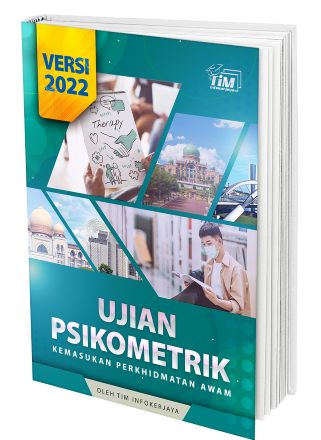
Telekom Malaysia Bhd group CEO Datuk Zamzamzairani says high speed broadband will boost sophistication and provide TM growth opportunities
What are the challenges and outlook of the telecoms sector this year?
The telecoms outlook will be challenging as the full economic impact of the financial crisis will be felt more in 2009. This will change the purchasing behaviour of all customer segments.
TM will see continued challenges in both the data and voice segments with customers demanding a higher level of service while facing competition driving for the very same customers.
To maintain our leadership position in the industry, TM will continue to improve customer experience and customer service, cost management, operational efficiencies and other initiatives as spelt out in our performance improvement programme (PIP).
With the intense competition from multiple players in the market, customers will be focusing on better services with greater value.
The market will see players that are able to provide innovative services to the market to separate themselves from the crowd.
What are you going to do to address the slide in fixed line revenues and other areas of opportunities to grow revenues?
TM will increase its focus on providing relevant value to the targeted customer segments, for example promoting lower ‘Let’s Talk’ and ‘Family’ packages.
TM will also reach out to the younger segments through new approaches via the Internet such as “blogvertising.”
Recognising the need for simplicity, TM will provide a simplified approach to make the use of voice services as seamless as possible.
For example, we recently introduced a simpler calling service via iTalk Mobile Starter Pack which works in almost the same way as the iTalk prepaid calling card but with enhanced features. The new features allow users to use iTalk automatically, without having to dial the iTalk Toll Free number to activate the iTalk account or keying in the intended destination numbers.
TM will also continue its drive to get more users on the Internet and help make fixed line remain relevant, thereby providing a means for TM to explore opportunities for services such as teleworking, applications on demand, web-conferencing, and self-management services to be offered via the Internet.
As for the enterprise customers segment, TM will be better able to serve them with value-added services over the Internet such as managed security, managed hosting and managed connectivity.
TM is also positioned to tap the wholesale and global market for voice traffic. The better offering for the licensees by the wholesale arm as well as the better termination rates offered via our global arm will help mitigate the voice traffic lost at the retail front.
High speed broadband (HSBB) is our engine of growth moving forward. It will bring broadband usage to another level of sophistication and provides us with growth opportunities.
What can be done to improve Internet services in 2009?
TM will continue its efforts to improve Internet services in several aspects:
● Technical: The migration of the old equipment to new equipment, i.e. from a digital legacy system to a full Internet protocol that will help provide better surfing experience for users
● On the customer front: More focus on improving our customer support services to help customer resolve their problems via the first call through our first call resolution programme
● Improving channel management: TM will ensure that customers are better educated at point-of-sales so that they are able to use the services without problems and understand simple resolution techniques and protection from security threats that may impact user experience
● Better offerings: To offer more customised packages to suit the segment needs and make the service offering simpler to understand and use, in addition to offering better products and services over the Internet
● Quality of service: TM is committed to spend 3% of our annual revenue on improving quality of service and increasing our quality of service audits.
TM has a huge HSBB project in hand, how much of this will be developed in 2009?
The project scope calls for HSBB infrastructure to be provided for 1.3 million premises passed, which will be achieved by the end of 2012.
This year will be the launch year for the project and thus it will be a groundbreaking and critical first phase of it.
This year, we expect to accomplish the following:
Strive to meet our premises passed commitments as agreed with the Government.
Since the HSBB rollout will be confined to inner Klang Valley, Iskandar Malaysia and key industrial zones throughout the country, the premises passed in 2009 will cover identified exchange areas in the Klang Valley and key industrial zones in the northern and southern regions of the country.
In line with our open access commitment, we will launch bandwidth services by the second quarter. This product will be available to all licensed and qualified value-adding access seekers.
The rollout of our commercial retail HSBB packages by the fourth quarter: The pricing and package details will be announced at an appropriate time before the rollout as we are still in the process of fine-tuning the various offerings.
Your capex requirements and source of funding?
We are reviewing our capex plans in view of the challenging market as capex spending is based on expected demand.
While we are able to fund our capex from internally generated cash, borrowings will be considered if it makes sense from a capital efficiency standpoint.
- The Star












